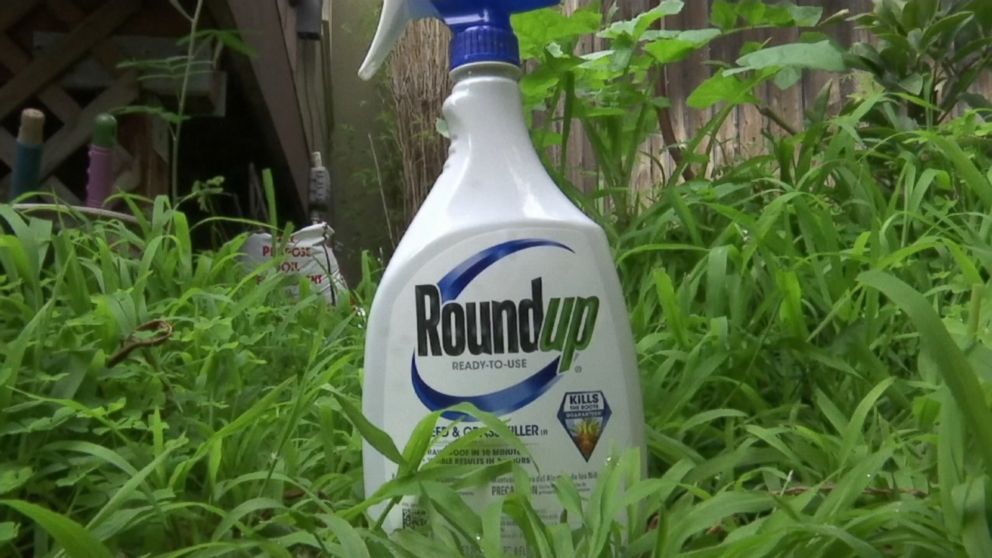The Impact of Mass Tort Lawsuits on Public Health and Safety Regulations
Mass tort litigation is a realm of law that seeks to address widespread harm caused by dangerous consumer products, environmental pollution, toxic substances, and other harmful agents. This form of litigation operates as an informal regulatory mechanism, particularly when governmental bodies fail to adequately protect consumers' safety. It's a powerful tool that can prompt significant changes in public health and safety regulations.
Product liability law plays a crucial role in this process. It imposes liability without fault on anyone engaged in the business of selling unsafe products. This means manufacturers can be held strictly liable if the risks of their products outweigh the benefits, irrespective of the level of care they exercised during the product's design phase.
This strict liability principle offers an effective alternative to government regulation. It enables quicker identification of risks and faster implementation of corrective action. It also creates a deterrent for businesses, discouraging them from releasing potentially harmful products onto the market.
In the pharmaceutical industry, private litigation can uncover superior epidemiological evidence, driving both the industry and the Food and Drug Administration (FDA) to improve safety measures. High-profile litigation can capture public attention, adding pressure on the industry, healthcare providers, and individuals to enhance safety protocols and improve communication.
A good example is the ongoing 3M Earplug lawsuit, where thousands of military service members and veterans are suing 3M for alleged hearing damage due to defective earplugs. This case, centralized under a Florida district court as a Multidistrict Litigation (MDL) for efficiency, is the largest in U.S history, highlighting the extensive impact of product liability on both corporations and consumers.
The effectiveness of tort law in promoting public health and safety is still a matter under scrutiny. Critics argue that mass tort litigation can lead to 'litigation crisis', with excessive costs and uncertainty. Yet, its potential to bring about corrective action and influence public health policy cannot be denied.
As we continue to observe the unfolding of cases like 3M, one thing remains clear: mass tort litigation has the potential to significantly impact public health and safety regulations for the better. It serves as a watchdog, holding manufacturers accountable and pushing for better policies to protect the public.
Ultimately, the goal of mass tort litigation is not just to provide compensation to those harmed but to create a safer and healthier society for everyone.
While this article provides general legal information, it does not constitute legal advice. The best way to get guidance on your specific legal issue is to contact a lawyer.
Contact Us
By submitting this form you agree to receive text messages.







